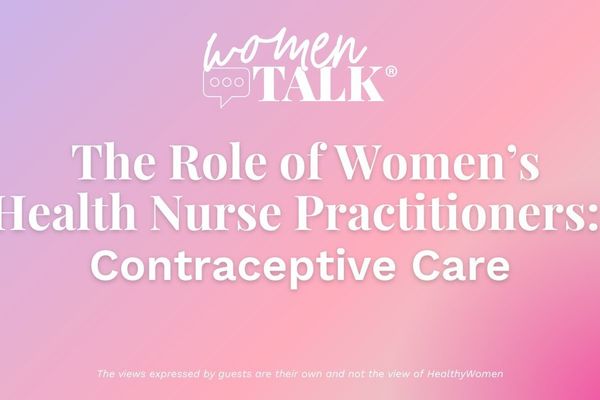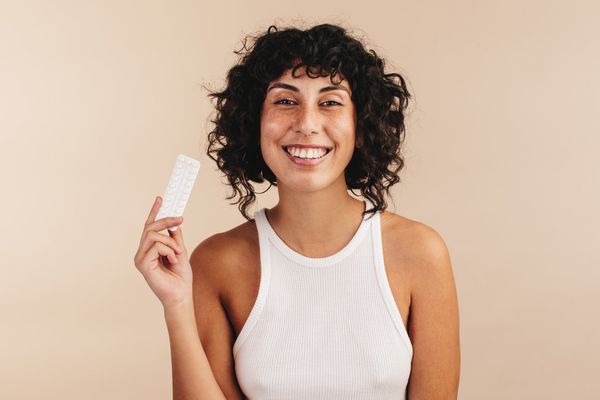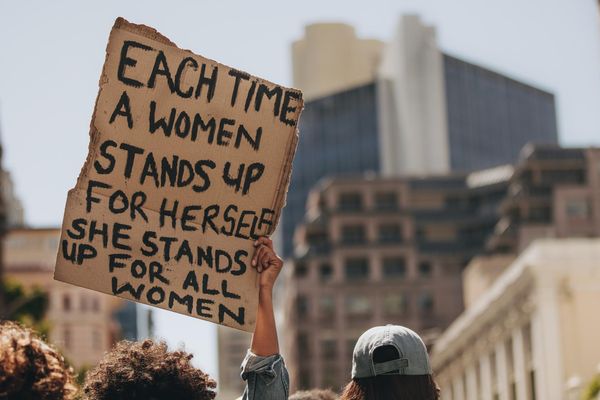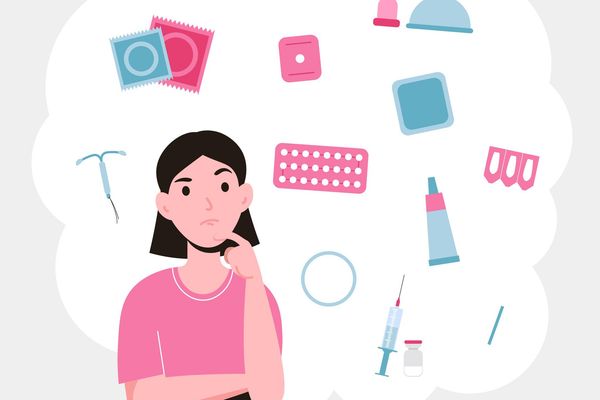Scrolling though #birthcontrol on social media is like a box of chocolates. You never know what you’re going to get.
In one video, a woman turns to reveal a dramatic weight gain, blaming birth control pills. In another, healthcare providers (HCPs) perform a choreographed dance holding vaginal rings. A third post says, “Birth control makes you date crappy men.”
Social media makes it easy to put a message — any message, really — into the world, but media has long influenced conversations about women’s health.
Melissa Jordan, a registered nurse, said she remembers the highly publicized Women’s Health Initiative study in 2002 that incorrectly said taking estrogen causes breast cancer. The results of the poorly conducted study dominated the news and scared millions of women away from safe and effective hormone therapy. Jordan said some women still believe those results because there’s a lot of misinformation about women’s health out there — especially on social media.
“There’s little [accurate] information or education regarding menopause. I can only imagine that there’s even less regarding sexual health and birth control,” Jordan said.
On one hand, social media offers more accessibility to information overall. Research shows some women, especially younger women, look to social media for insight on important topics like birth control.
But how do you know what you’re hearing is true? And worse, what if it’s not?
Social media influencers and birth control
“Mis- and dis-information around birth control and sexual health run rampant on social media,” said Raegan McDonald-Mosley, M.D., MPH, CEO of the nonprofit organization Power to Decide.
It can be even harder to tell what is fact vs. fiction when it feels like the information is coming from a trusted friend. Social media influencers — people with a lot of followers — can play a part in swaying opinions about birth control. And negative personal experiences can lead people to spread misinformation.
For example, one study found that influencers who had a negative tone about hormonal birth control exaggerated the risks and side effects compared to non-hormonal options.
“Readers should be concerned because hormonophobia [fear about hormones based on irrational causes] can fuel misinformation and prevent women from making informed reproductive healthcare decisions,” said Emily Pfender, an author of the study and Ph.D. candidate at the University of Delaware.
Another study co-authored by Pfender found that influencers who talked about stopping hormonal birth control didn’t talk about replacement options. “This sends a message to viewers that using birth control is not important and could promote risky behavior,” Pfender said. “When influencers did start a new birth control, it was most often fertility awareness-based methods, which have high error rates and require specific knowledge to use correctly.”
Social media and shared decision-making
When it comes to making health decisions for your sexual and reproductive health, it’s important to know the source behind the information you’re taking in.
When in doubt, McDonald-Mosley said to ask yourself the following questions:
- Is the information from a credible medical source or provider?
- Can you find the same information from another trusted resource?
- When was the information you’re looking at published?
- Does the person’s perspective seem overly biased or political?
Robyn Faye, M.D., an OB-GYN and member of HealthyWomen’s Women’s Health Advisory Council, said she turns to her trusted social network — science — when patients bring up questionable theories. “I will pull up the latest articles from the CDC database and show them the information I have,” she said. “I literally just have to argue the point and, in most cases, it works.”
Faye noted that most healthcare providers want to have an open conversation about the strange things you read on social media. They want to take the time to share information and ask questions. This leads to shared decision-making and finding the best birth control option that works for you, your health and your reproductive goals.
Still, it may be hard to change someone’s opinion if they feel strongly about what they’ve read online. This is absolutely fine, Faye said. But she cautioned against putting too much stock in people you don’t know.
Misinformation on social media can have a dangerous effect on women’s health. But it doesn’t have to be this way. Knowledge is power, and confirming any information or concerns with your HCP can help you see the complete picture — not just a small square.
McDonald-Mosley said too many people lack overall knowledge about reproductive and sexual health because they never learned about it in school or the community. This is where the positive effects of social media channels can shine by bridging the gap in accessible health information.
“Social media is not all bad. It is, in fact, a powerful tool that can be used to reach people where they are with accurate information they need to take control of their reproductive and sexual health.”
You can’t trust everything you read online. But if you do research and talk to your HCP, you can protect yourself from misinformation.
This resource was created with support from Organon, a HealthyWomen Corporate Advisory Council member.







